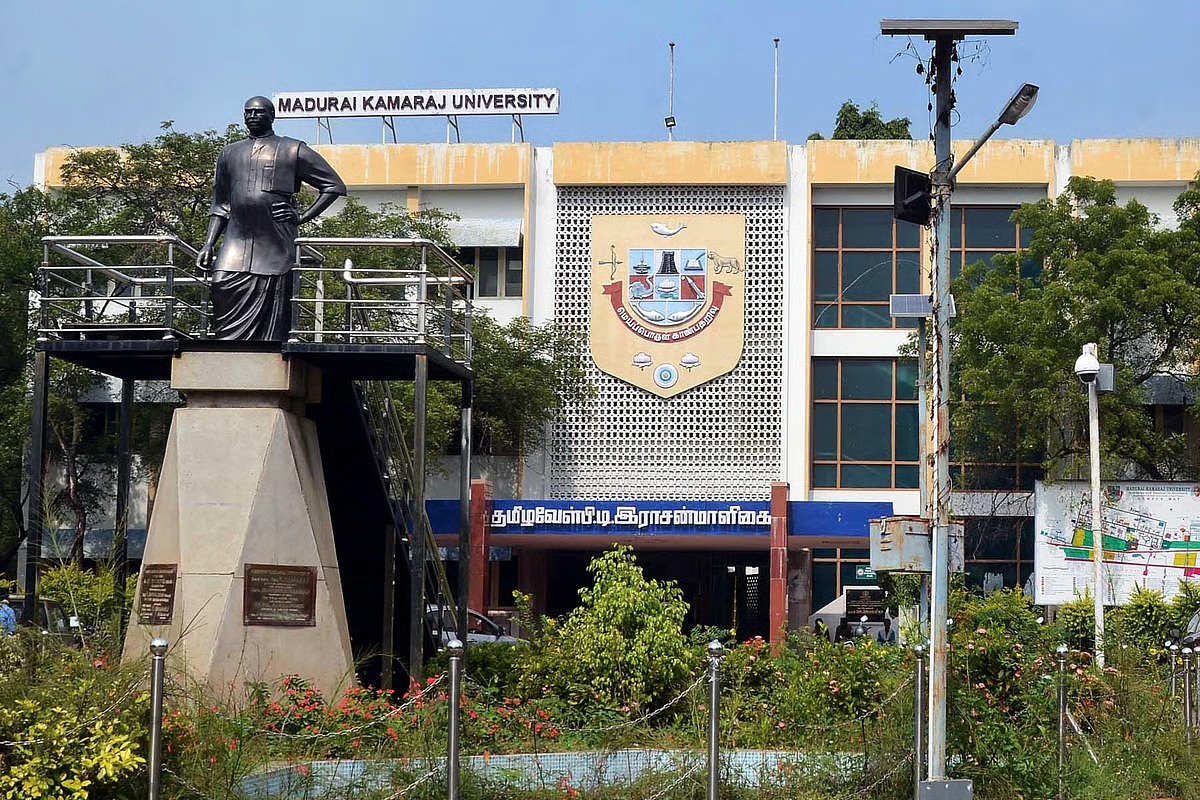Kania, J.@mdashThis is a reference u/s 34(1) of the Bombay Sales Tax Act, 1953 (referred to hereinafter as "the said Act"). The questions referred to us for determination in this reference are as follows :
"(1) Whether the Tribunal was justified in holding that the time-limit of 5 years prescribed u/s 15 of the Bombay Sales Tax Act, 1953, is applicable to the assessment of unregistered dealer for the completed years of assessment and that the assessment for a period which is less than one year could only be initiated and completed u/s 14(6) of the Bombay Sales Tax Act, 1953 ?
(2) Whether on the facts and in the circumstances of the case the Tribunal was justified in holding that the assessment of the respondent made by the Sales Tax Officer u/s 14(6) of the Bombay Sales Tax Act, 1953, for the period 1st April, 1958, to 31st December, 1959, was bad in law ?"
It may be clarified that in question No. (2) as set out in the paper book, the period referred to is 1st April, 1958, to 31st December, 1958, which is an obvious error as pointed out by Mr. Parker. We have, therefore, corrected that error and set out the period as from 1st April, 1958, to 31st December, 1959, as aforesaid.
2. The relevant facts giving rise to this reference are as follows :
The respondent had his place of business at 34, Dashrathlal Joshi Road, Vile Parle, Bombay-56. The officers of the Enforcement Branch of the Sales Tax Department paid, what is euphemistically called a visit and which is really in the nature of a raid, to that place of business. After perusing the books of account available, the Sales Tax Officer concerned found the dealer liable to be registered under the said Act and to pay tax under the said Act. Consequently, a notice in form XIII was issued to the respondent u/s 14(6) of the said Act for assessment for the period from 1st April, 1958, to 31st December, 1959, and served on the respondent on 26th February, 1966. The dealer was assessed in respect of the aforesaid period of 1st April, 1958, to 31st December, 1959, under the said Act on the footing that he was an unregistered dealer. This assessment order was passed by the Sales Tax Officer (XVIII), Enforcement Branch, Bombay, and dated 30th March, 1966. A penalty of Rs. 650 u/s 14(7) of the said Act for wilful failure of the dealer to get himself registered under the said Act was also imposed on the respondent. The total amount demanded including tax and penalty was of Rs. 4,076.78. An appeal preferred by the respondent to the Assistant Commissioner was dismissed. The respondent then preferred a revision application to the Deputy Commissioner of Sales Tax who confirmed the order u/s 14(6) of the said Act passed by the Sales Tax Officer but gave a partial relief in the quantum of tax and of penalty. However, as pointed out earlier, the assessment made by the Sales Tax Officer u/s 14(6) of said Act was upheld by the Deputy Commissioner. Upon a second revision application to the Sales Tax Tribunal, the Sales Tax Tribunal held that the entire order of assessment for the said period of 1st April, 1958, to 31st December, 1959, was bad in law as it was time-barred, the notice in form XIII having been served beyond the period of five years as prescribed in section 15 of the said Act. The Tribunal held that the case fell within the scope of section 15 of the said Act, and hence the aforesaid time-limit of 5 years was applicable. It is from this decision of the Tribunal that the questions set out earlier have been referred to us.
3. We find that the questions referred are concluded against the respondent by the decision of the Supreme Court in
4. From the aforesaid decision it is clear that the case of the respondent, being an unregistered dealer, was covered by the provisions of section 14(6) of the said Act. It may be pointed out that unlike section 15 which provides a time-limit, which at the relevant time was 5 years, there is no such time-limit provided at all in section 14(6) of the said Act. Hence there was no question of the order of assessment being invalid in law on the ground that the notice in form XIII had been issued beyond the time-limit of 5 years.
5. In the result the questions referred to us are answered as follows :
Question No. (1) : in the negative.
Question No. (2) : in the negative.
It is clarified the both the questions are answered in favour of the department and against the dealer-respondent.
6. We may only clarify that, in view of the fact that in this case it was only the provisions of section 14(6) which were applicable, the question as to whether the period under assessment was completed assessment year or not would make no difference.
The respondent to pay to the applicant the costs of this reference.

